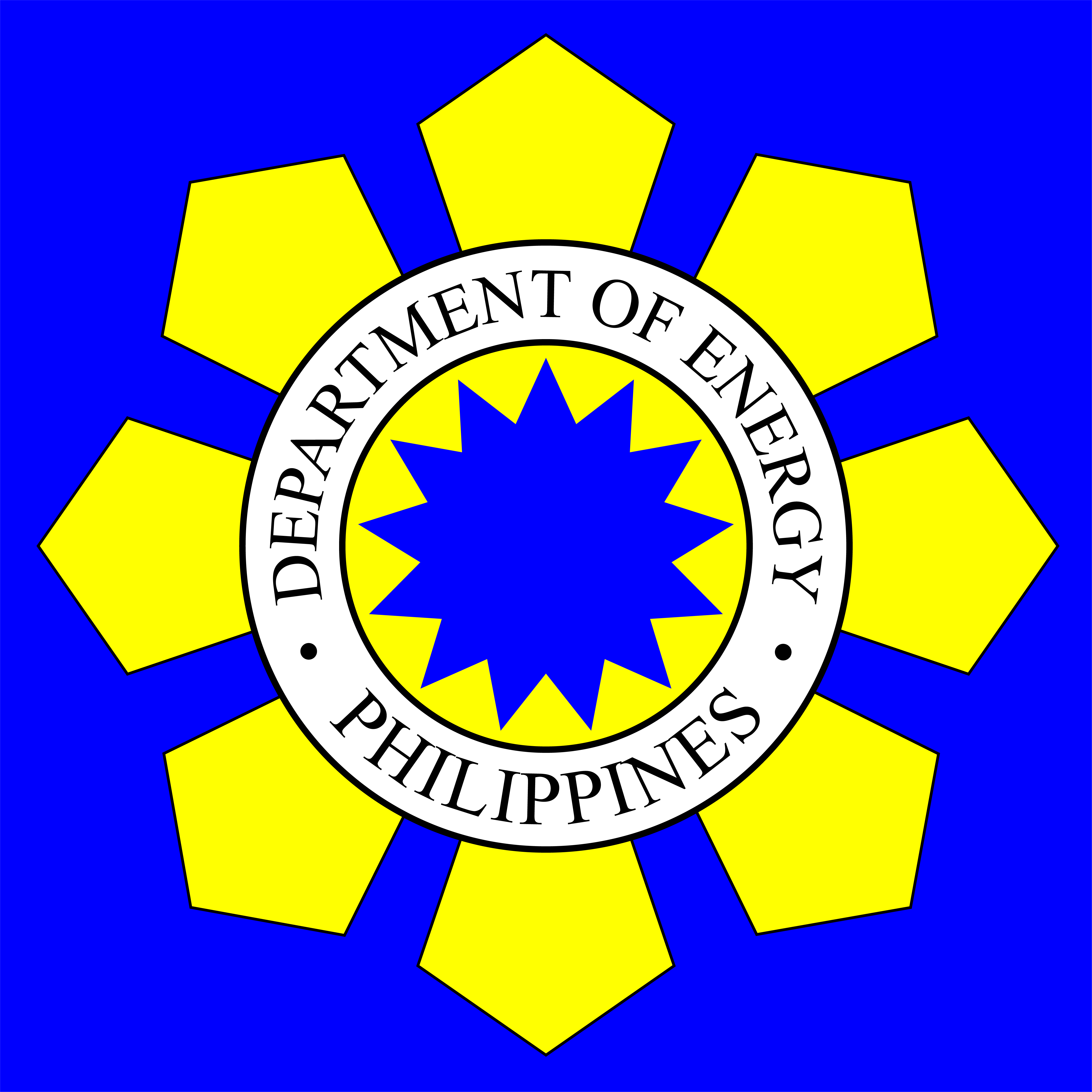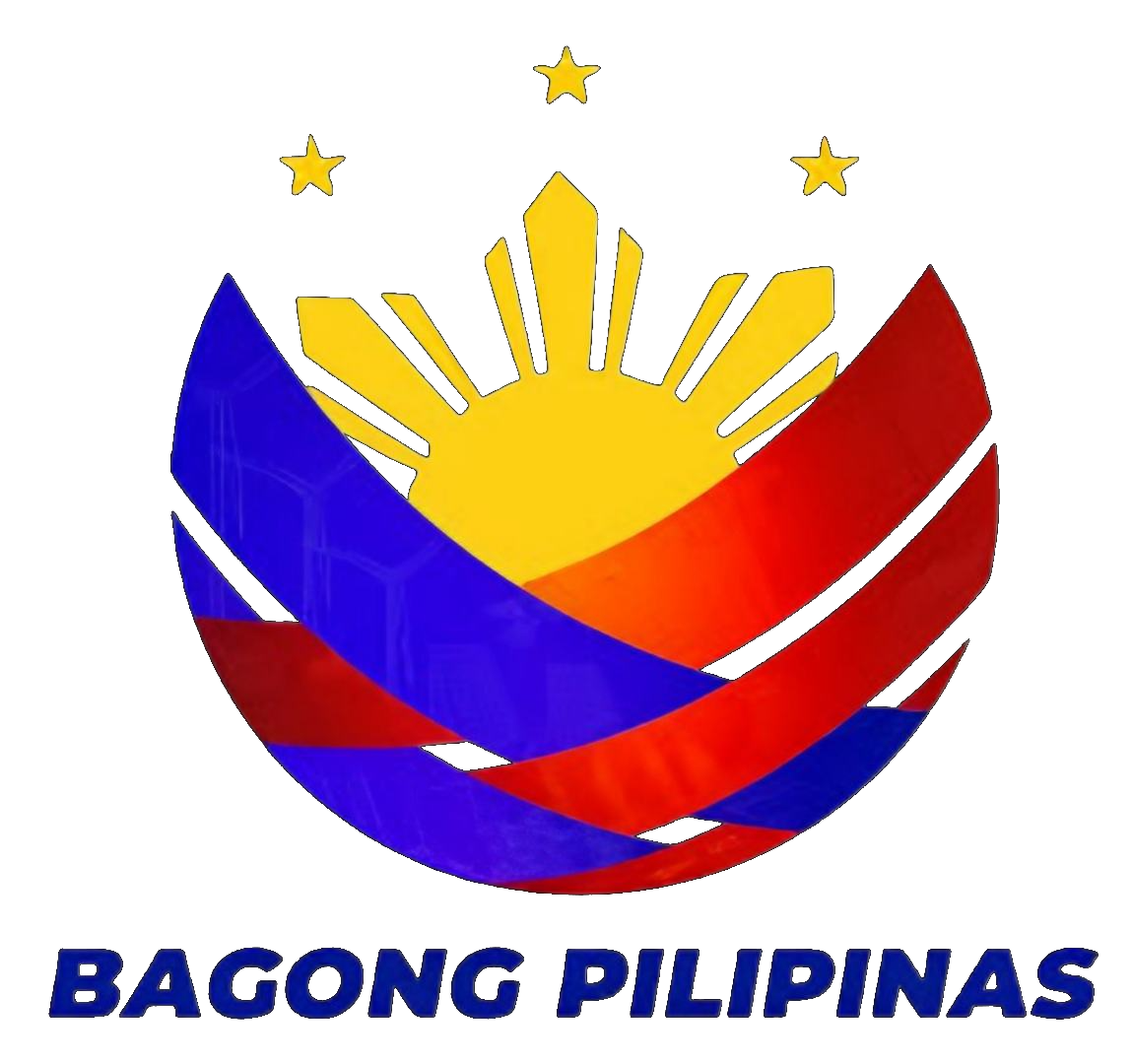2016-2022 Energy Sector Accomplishment Report
Executive Summary
The core commitment of the energy sector during the Duterte Administration was to value the importance of Filipino consumers. This was evident in the policies that were drawn to give relevance and reference to the energy trilemma – energy security, energy equity, and environmental sustainability. The Department will continue to build upon these pillars to realize the envisioned energy picture for the country.
Guided by these primary principles, the DOE is keen on steering the country towards achieving supply security; doing it sustainably and facilitating equity. This calls for the Department to be fir in its mandate of implementing policies, plans, and programs that will improve the life of each and every Filipino.
Click to view/download the PDF file of 2016-2022 Energy Accomplishment Report
2019-2020 Energy Sector Accomplishment Report
Executive Summary
The DOE remains steadfast with its mission of improving the quality of life of the Filipinos by formulating and implementing policies and programs to ensure sustainable, stable, secure, sufficient, and accessible energy. In achieving such mission, the DOE endeavors to balance between the provision of reliable and reasonably priced energy services to support the country’s inclusive growth, and the protection of the environment. Energy resiliency remains at the core of the DOE’s initiatives to mitigate the impact of any disaster with its adoption in the planning and programming of energy programs and projects.
BALANCING THE ENERGY PORTFOLIO
The realization of energy supply security in the long-term requires a harmonious interplay of the various energy sub-sectors. This also entails a well-coordinated energy value chain for stability, from resource development up to utilization. The corresponding plans and programs implemented at the sectoral level are pivotal in assisting the country’s economy.
Click to view/download the PDF file of 2019-2020 Energy Accomplishment Report
Energy Annual Report 2018
Executive Summary
The year 2018 is a FIRST for the DOE: Fostering Innovation, Resiliency, and Sustainability in all areas of energy development. It was a year of innovation in terms of doing things in the DOE, as well as in forging strategic alliances within the Department and with all energy stakeholders. Heeding the call of the Secretary’s "mindset revolution," progress was made in the following areas:
ON INNOVATION
To support the economic and infrastructure plans of the Duterte Administration, the country will need to double its power generating capacities over the next several years. This is one big challenge for the energy sector given that it already takes about four years to construct a power plant, without counting the delays encountered by project proponents in securing the necessary local and national permits for its construction.
Thus, the issuance of Executive Order (EO) No. 30 in June 2017 was a welcome development for the DOE since it acknowledges the urgency to improve the bureaucratic processes that are essential for the entry of critical investments in the energy sector. Under this law, the DOE will endorse energy projects considered as "Energy Projects of National Significance" (EPNS). Innovative provisions under the EO are the Presumption of Prior Approvals, which provides for government agencies’ processing of EPNS applications without awaiting action from other permitting agencies, as well as the provision of Action within 30 Days, which shortens the application processing period to 30 days upon submission of complete documentary requirements.
As of end of December 2018, there are 12 projects which have been certified as EPNS, including the PhP52 billion Mindanao-Visayas Interconnection Project - the first power project to be certified under EO 30.
The DOE has also started the implementation of the Philippine Conventional Energy Contracting Program (PCECP) to bolster investments in the upstream oil and gas sector. Under the PCECP, petroleum contracts are awarded either through nomination, which provides investors the option to propose potential areas for exploration and/or development, or via applications made for the Pre-Determined Areas offered by the Department.
For the coal sector, the DOE issued a Department Circular (DC), DC 2018-03-0006, streamlining the processing and issuance of tax exempt certificates.
Click to view/download the PDF file of Energy Annual Report 2018
Energy Annual Report 2017
By Director Cesar G. dela Fuente III
Quality, reliable, secure, and affordable power throughout the entire archipelago will be the backbone of a vibrant and robust Philippine economy.
To this end, the Department of Energy (DOE) remains resolute in initiating proactive policies attuned to the ever-changing energy landscape.
The 2017 Energy Annual Report (EAR) outlines the progress effected by the Department and the members of the energy family in its mission to steer the country closer towards sustained prosperity and security.
Faithful to his oath to crack down on red tape, the President signed Executive Order (EO) No. 30, a milestone achievement for the energy sector, streamlining the processes and implementation of energy projects. The EO is expected to usher increased investments in energy infrastructure augmenting the countryʼs energy supply base. This would also translate to increased job creation and enhanced consumer
benefits.
The Philippines is vulnerable to natural and human-induced hazards. The DOE, as one of the members of the National Disaster Risk Reduction and Management Council, strongly supports the government’s focus on reinforcing the country’s disaster resiliency.
To maintain the continued delivery of services in the event of a calamity, the DOE is relentless in pursuing an energy resiliency policy that will strengthen existing energy infrastructures and require all industry players to put the mainstreaming of disaster risk reduction programs at the forefront of their planning and investment.
In the field of international energy cooperation, the DOE had the opportunity to chair the 35th ASEAN Ministers on Energy Meeting and its associated meetings, as well as host the various sub-sector network assemblies with the theme, “One ASEAN Community through Resilient and Sustainable Energy.”
The DOE likewise participated in the Asia Pacific Economic Cooperation (APEC) Energy Working Group Meetings and hosted the Asia Cooperation Dialogue (ACD) Conference in Bohol. During the conference, ACD member countries exchanged best practices and developments during the various energy thematic sessions on renewable energy and clean energy markets, natural gas, a low carbon future and nuclear energy.
In powering the nation, the DOE is continuously working to enhance the implemented tasks mandated by the Electric Power Industry Reform Act (EPIRA).
WESM Mindanao’s establishment is a breakthrough that would uphold the transparent utilization and efficient dispatch of available resources needed to ensure sufficient electricity supply in the region.
The implementation of the Retail Competition and Open Access (RCOA) program will provide consumers the privilege to select their electricity provider based on the quality of service and preferred price. In the event of unsatisfactory performance, RCOA program would allow consumers to switch to another provider at any time.
The Department remains at the fore of key policies, which include the implementation of the Nationwide Intensification of Household Electrification, Renewable Portfolio Standards, Green Energy Options, and the Energy Regulation 1-94 Program.
Innovation is integral to the DOE’s response to the advances in the energy sector. The launch of the E-Power Mo Campaign underscored the value of an inclusive approach towards energy security and development.
E-Power Mo and its sub-campaigns of E-Safety Mo, E-Secure Mo and E-Diskarte Mo demonstrate that shaping the energy future of the country does not depend on the DOE alone, but on the combined efforts of all energy stakeholders.
Tireless in its efforts to provide reliable and affordable power to the people, the DOE was unafraid to consider the feasibility of using nuclear power as an energy source and created the Nuclear Energy Program Implementing Organization (NEPIO). After thorough proposal evaluations, as well as a comprehensive reassessment of the mothballed Bataan Nuclear Power Plant, the DOE incorporated the creation of a nuclear program into the Philippine Energy Plan 2017-2040.
The DOE remains firm in the stringent monitoring of the energy industryʼs compliance to reliability standards to uphold the interest of consumers. To address increased concerns over fuel integrity, the Department conducted random facility inspections and sample testing to confirm adherence to national standards.
Loyal in its service to the Filipino people, the DOE sought for the immediate reenergization of Marawi in the aftermath of the cityʼs siege. With the help of the energy family and other government agencies, solar lamps and streetlights were turned over to Task Force Bangon Marawi and the Lanao del Sur Electric Cooperative. The Department is actively involved in the rehabilitation efforts to date.
Click to view/download the PDF file of 2017 Energy Annual Report
Energy Annual Report 2016
DEPARTMENT OF ENERGY
2016 MAJOR ACCOMPLISHMENTS
Energy is the sector most responsible for economic development, a vehicle to create jobs and attract investments . Likewise, it is a sector requiring careful and decisive planning, clear policy development, deployment of new technologies , as well as advancement of reliable ones. In the country, it is recognized that each of the energy sub - sectors play s an important rol e in delivering diverse and reliable source s of energy. And often the work in the DOE is most effective when undertaken in collaboration with other agencies of government and private entities to ensure that challenges are addressed and expectations are me t.
For 2016, the DOE has built on the progress of its various energy sub - sectors. B elow are the highlights of accomplishments and activities of the Department t hat were comple ted and delivered as of 3 rd quarter of the year.
Click to view/download PDF file of the 2016 Energy Annual Report

